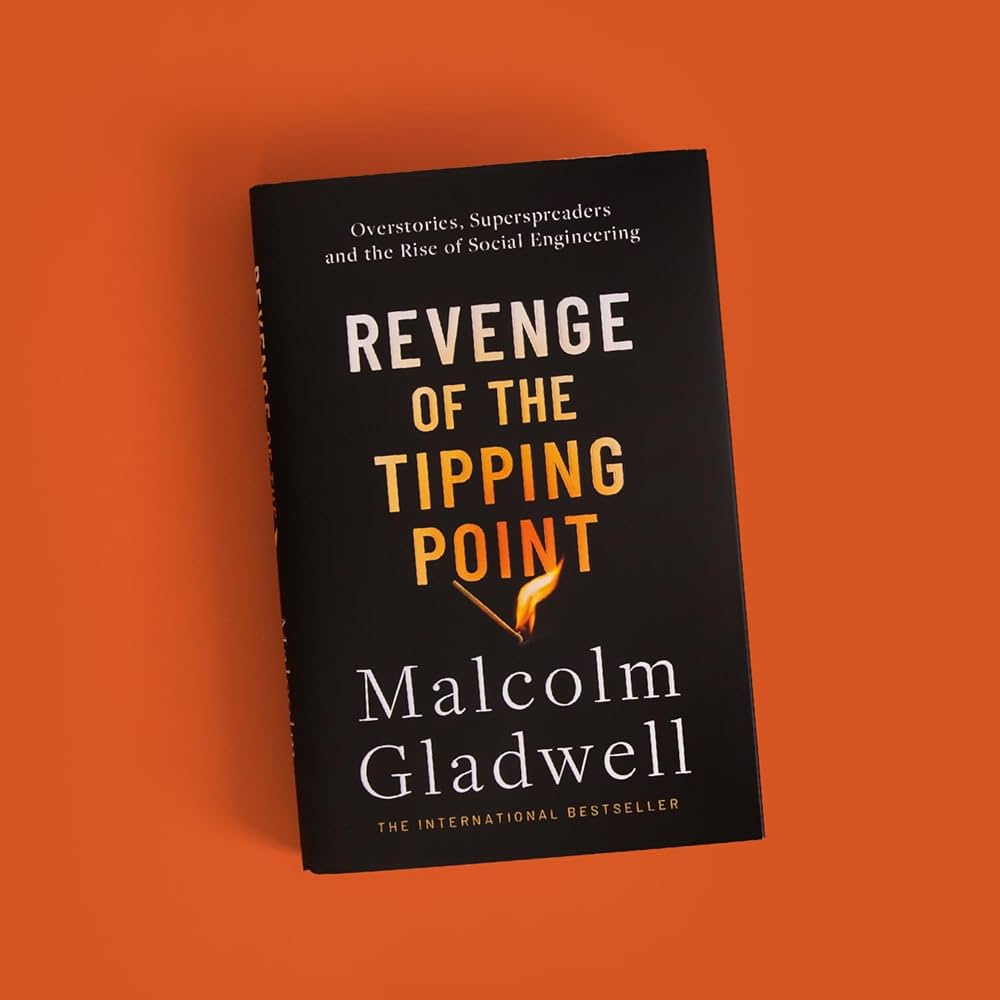Chapter 7: The L.A. Survivors’ Club “And I didn’t talk about the Holocaust, not even to my own child.”
byChapter 7 of Revenge of the Tipping Point, titled “The L.A. Survivors’ Club,” explores the lives of Holocaust survivors living in Los Angeles, particularly focusing on Fred Diament, Siegfried Halbreich, and Masha Loen. Fred, known as Freddie, was a “low number” survivor who endured unimaginable horrors at Konzentrationslager Sachsenhausen and Auschwitz, losing both his father and brother along the way. Despite his traumatic past, Freddie rebuilt his life and became a successful CEO in Los Angeles. His resilience was complemented by his sharp, dark humor, which was often remarked upon by Rachel Lithgow from Spielberg’s Shoah Foundation. Lithgow’s observations underscore Freddie’s ability to blend humor with the sorrow of his experiences. The bond between Freddie and Sig, another Holocaust survivor who had served as a pharmacist in the camps, is highlighted throughout the chapter, illustrating their deep friendship, which was marked by both shared laughter and occasional disagreements.
Freddie’s death in 2004 was met with an emotionally charged eulogy delivered by Sig, which captured the essence of their relationship and brought laughter even amidst the grief of loss. Masha Loen, another Holocaust survivor, also shared her incredible story of survival, having overcome multiple typhus infections. Her resilience shone through even in the context of a Pesach (Passover) celebration, where she humorously dismissed traditional dietary restrictions, reflecting her ability to find humor in her suffering. Masha, like Freddie and Sig, became an integral part of the Los Angeles survivors’ community, a group of individuals united by their shared past and a desire to preserve their stories. These survivors, who had endured unspeakable horrors, found strength in one another, forging lasting friendships and building a supportive community in the face of their traumatic histories.
Freddie, Sig, and Masha played pivotal roles in the formation of the Los Angeles survivors’ club, an initiative to preserve the memory of the Holocaust and provide a space for survivors to share their experiences. What began as small gatherings of individuals grew into a substantial community effort, fostering a collective mission to remember and honor those lost. Their work led to the creation of the Martyrs Memorial Museum, the first Holocaust museum in the United States, which opened its doors in 1961. This museum became a crucial institution in the fight to ensure that the atrocities of the Holocaust were not forgotten, offering a place for education, remembrance, and reflection. Over the years, this initiative inspired the creation of Holocaust memorials across the United States, marking a significant cultural shift in how the nation regarded the Holocaust and its survivors.
The chapter concludes by discussing the broader impact of these efforts, highlighting a cultural shift in the United States regarding the memory of the Holocaust. Initially, the Holocaust had been overlooked in early American histories, but as survivors like Freddie, Sig, and Masha shared their stories, awareness and recognition grew. This transformation in public perception, largely driven by the survivors’ efforts, played a crucial role in shaping how future generations would learn about the Holocaust. Lithgow’s work with the Shoah Foundation further underscores the power of storytelling and shared experiences in transforming societal attitudes. The survivors’ voices became an essential part of the broader historical narrative, ensuring that the memory of the Holocaust would be preserved for future generations. Through their resilience and commitment to remembering, these survivors created a lasting legacy, demonstrating the importance of community and shared history in shaping national consciousness.
The chapter sheds light on how the survivors’ personal experiences became a vital part of the larger cultural conversation surrounding the Holocaust. Their creation of a supportive community not only helped them heal but also played an instrumental role in educating the public about the horrors they had endured. The survivors’ efforts demonstrate the importance of collective action in preserving historical memory and ensuring that tragedies like the Holocaust are never forgotten. Through their dedication to remembrance, they influenced a significant cultural shift, ensuring that their stories and the stories of those who perished would continue to resonate with future generations.


